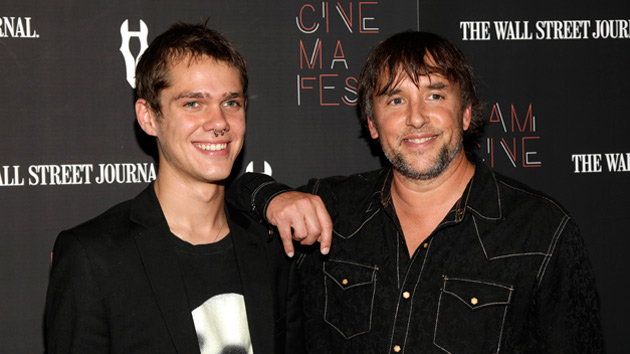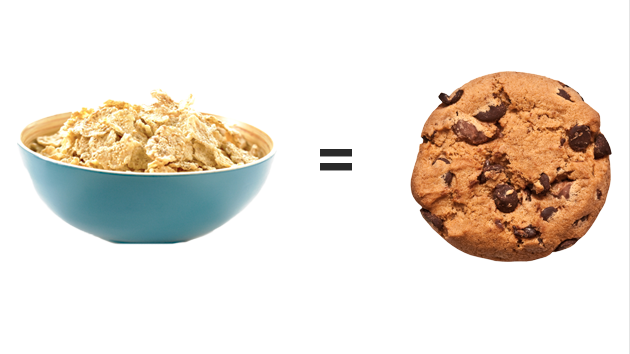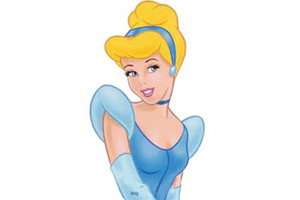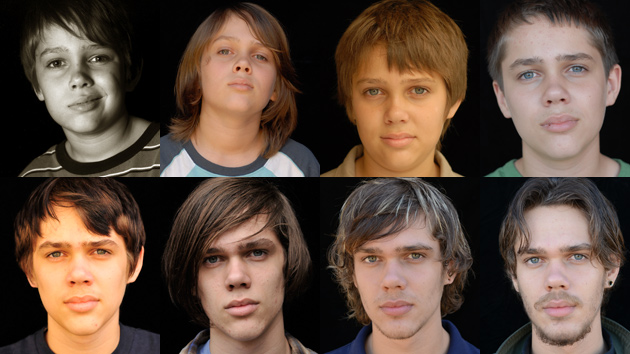
Coltrane at various stages of boyhoodPhotographs by Matt Lankes/IFC Films
Ellar Coltrane can hardly recall a time when he wasn’t Mason. That’s the lead character in Boyhood, Richard Linklater’s convention-busting new movie, which was shot over 12 years as Mason matures from a cute six-year-old into a college freshman, with plenty of bumps along the way. The film, which took Best Picture and Best Director at the Golden Globes, is now up for six Oscars, including Best Picture, Best Director, Best Original Screenplay, and Best Supporting Actor/Actress for Patricia Arquette, who plays Mason’s divorced mom and Ethan Hawke, who portrays her reluctant-to-grow-up ex-husband. (Linklater’s daughter, Lorilei, plays Mason’s big sister.) “There was something kind of cool about Ellar,” Linklater told me. “His parents are artists, and I remember talking to people I was working with: ‘He’s just kind of a thoughtful kid. I don’t think he’s going to be the straight-laced athlete or anything like that. I just kind of like the way his mind works, this six-year-old.'”
The only thing Coltrane himself remembers about auditioning at age six is that he brought along a drawing of a tree with some monkeys. He’d done it on the back of a flyer for his dad’s Austin, Texas, band, Joe Rockhead. It turned out Linklater was a fan: “Rick enjoyed the drawing, but was also perplexed and excited by the picture on the other side.”
After a series of callbacks, the role was his, not that a six-year-old could fathom what it meant to commit to a movie that would parallel his entire childhood. “I’m still trying to entirely understand that,” Coltrane says. “There was definitely a time in the later half of shooting I kind of was like, ‘Oh my God! I had no idea what I was getting myself into.'”
When they weren’t filming, Linklater would call regularly to keep tabs on his thoughts and doings. “Rick made a conscious decision to not have Mason do anything I hadn’t already done,” Coltrane says. “He would feel it out and see, like, ‘Is he still a virgin? Has he gotten drunk yet? Has he done drugs?'” before working those milestones into the film.
But “the strange thing is just how different my life was than the one I portrayed on screen,” adds Coltrane, who, unlike his character, was home-schooled and raised without siblings, at least until age 11. And while his mom and dad split up (amicably) a few years into the filming, “I was never estranged from either of my parents” like Mason was.
Lately, Coltrane has been doing grunt labor, working as a landscaper as he contemplates his next move: maybe real-life college (“I’m tired of being ignorant”) or further acting, since Boyhood is probably going to make him famous. Either way, he’ll sorely miss the cast-and-crew gatherings he’s attended every year of his boyhood: “the greatest fucking summer camp ever!”
Boyhood hits theaters on July 11. Read our full conversation after the trailer.
Mother Jones: Tell me a bit about your actual boyhood.
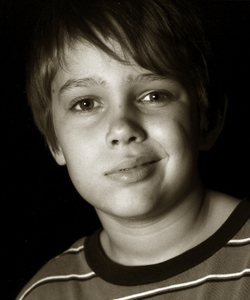
Ellar Coltrane: My dad’s a traveling musician. When I was young, he played in one of the more popular bands in Austin—which, strangely, might be part of why Rick took such a shine to me: He was quite a fan of Joe Rockhead. In turn, my parents were huge Linklater geeks, so they were all excited. My mom was a dancer. She put on big performance-art pieces. She’s also a painter. Now she has a nine-year-old daughter but she also has a business doing horse-riding lessons and equine therapy for neurally atypical, like autistic, people. They divorced when I was nine, and my mom was already in another relationship and my dad bounced around between girls. But they stayed pretty friendly. It was never really the way it was in Boyhood. They never hated each other, and there were never long periods where I wasn’t seeing them.
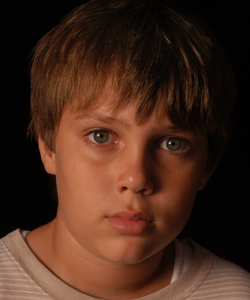
MJ: Did you remember feeling a lot of sadness when they split up?
EC: It’s pretty hard to fully recognize what sadness is when you’re that young—I was pretty convinced that I was unaffected. But looking back, things did change pretty drastically for me, and the way I felt most of the time.
MJ: Did you feel like you could relate to Mason in that regard?
EC: Definitely. It’s not just sadness; it’s everything, human emotion. That’s kind of what I relate to.
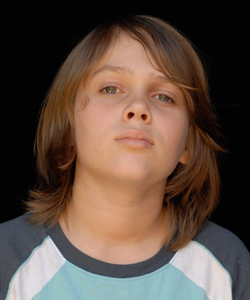
MJ: How else are you similar to or different from your character?
EC: He wears a lot of my clothes, for one thing. I was very into photography and it’s definitely still one of my favorite hobbies. The blue Toyota [in the film] was my truck. I was a total flirt in high school, as was Mason. The strange thing is just how different my life was than the one I portrayed on screen. It’s a really kind of normal life—all these really basic experiences. I never went to school and I never had any siblings—two of the largest parts of Mason’s life growing up—and I was never estranged from either of my parents.
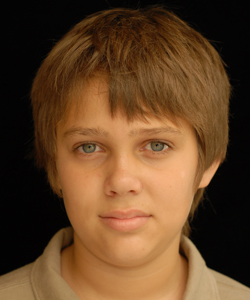
MJ: You were home-schooled?
EC: Yeah, until I was 16. I went to a charter school for two and a half years, and then I dropped out and got my GED. My little sister wasn’t born until I was 11—she’s a half sister.
MJ: So was it hard for you to nail those tense moments in school with your teachers and classmates and bullies?
EC: Not so much. That tension is the same whether you’re in school or not. It’s just weird being a little kid, and it’s uncomfortable—people don’t know how to treat you and you don’t even know how to interact with people your age. I definitely felt all of those things. It also was therapeutic to step into those shoes and experience these more-average childhood experiences.
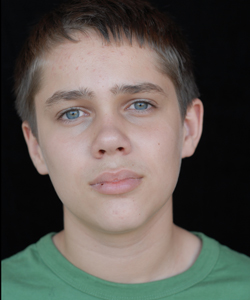
MJ: Can you remember anything about auditioning?
EC: I remember that I brought a drawing in. I think it was a drawing of a tree with monkeys in it that I had done. It was on the back of a Joe Rockhead poster. Rick enjoyed the drawing, but was also perplexed and excited by the picture on the other side. Other than that, I don’t remember much. I think I did five or six callbacks, maybe. But the memories are very foggy early on. That’s one of the strangest things about watching the film. It’s kind of eerie to watch myself do things that I have no recollection of.
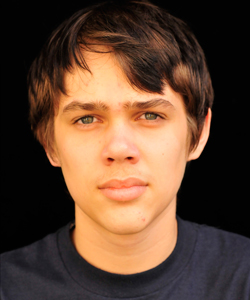
MJ: Had you done any acting before?
EC: A couple commercials. And I had a really small part in a 2001 movie called Lone Star State of Mind.
MJ: Did you get that this film would parallel your entire childhood?
EC: Not at all. Conceptually, I did—I was a pretty bright kid—but there was no way to fathom how impactful it would be, and what it really meant. I’m still trying to entirely understand that. There was definitely a time in the later half of shooting I kind of was like, “Oh my God! I had no idea what I was getting myself into.” No regrets all, but this is a bigger deal than I thought.
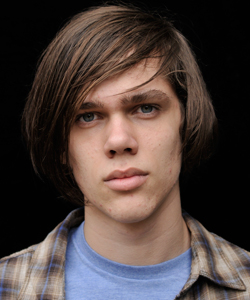
MJ: How was it impactful?
EC: Just on me. Just working aspects of my own life into this character and crafting this character and committing myself to something for 12 years. It would have never happened if the goal was, “Oh, in 12 years the movie’s going to come out and that’s what we’re working for.” That’s bullshit, and we all would have gone crazy. The point was making it. This process, and this experience that 400 or so of us shared really shaped who I am as a person and what it is I want from the world.
MJ: Were there any milestones you first experienced through Mason? You know, first beer, first make-out session, stuff like that?
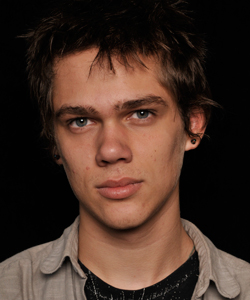
EC: No. Rick made a conscious decision to not have Mason do anything I hadn’t already done. Looking back, I now see that he would feel it out and see, like, “Is he still a virgin? Has he gotten drunk yet? Has he done drugs?” And then he would throw those things in.
MJ: How would Rick help you get into character?
EC: Everything with Rick was really ethereal. But it was constant. He would talk to me throughout the year, call me sometimes and take me out to lunch as I got older, and we would always be talking about what was going on in my life and what was going on in Mason’s life and what the next year would be about. So I was a part of creating the stories.
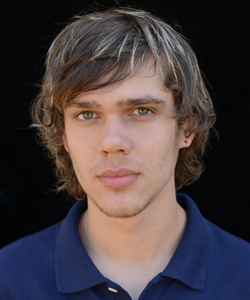
Especially as I got older, I became a pretty direct part of writing the dialogue—which most of the actors were. He would have the framework of the scene and we would just have conversations, and that would become the dialogue. I never had to think about getting in character, and that’s really one of Rick’s magic tricks. You don’t really know it, and then suddenly you are the character. It’s incredible.
MJ: The movie had a few dicey scenes, like with Mason’s drunk, abusive stepdad. How did Rick prepare you for those?
EC: I don’t remember being particularly prepared, which might have been intentional on Rick’s part—with questionable ethics, I guess—to elicit a more genuine reaction. But I really don’t remember. I knew what was happening, but he tried to make it as fresh and abrupt as possible. And that’s something he would do with different kinds of things. He would pick a time in my or Lorelei’s life when he could tell we would have the most palpable reaction to something, and shoot that at that time.
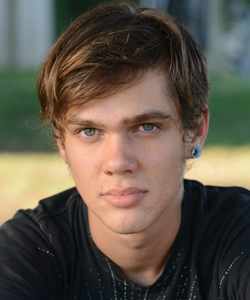
MJ: Do you ever find it hard to separate your own childhood from Mason’s? Like, would you think about Mason all the time when you weren’t filming?
EC: It wasn’t so much directly like, “Oh, if I was Mason…” But I guess “yes” is the answer. I have been thinking about it most of the time for quite a while. I’m finally starting to free myself of that.
MJ: What was it like to portray another kid when you probably didn’t even have much sense of yourself?
EC: Weird. But not as much as you might think, I guess, because I never saw any of it. I never watched a frame of the film until it was finished. It was very abstract, and I never really had to worry about my self-image. I mean, I did, but it was dampened by the fact I never had to deal with it being a movie when I was a kid. It’s weirder now, like being self-conscious of people seeing it and knowing who I am.
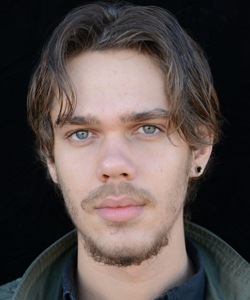
MJ: Well, you know this movie will probably make you famous. Have you thought about what that’s going to mean for you?
EC: Yeah. It means I’m moving to the desert! And that I have an incredible opportunity, or I could, to have a platform to do things I feel are important. I’m really interested in permaculture and sustainability and those kinds of things. Hopefully, whatever kind of fame I might garner could be an outlet to help save the world, I guess.
MJ: And hopefully avoid the plight of all those child stars who went off the rails.
EC: Well, I wasn’t a child star. [Laughs.] So hopefully I can keep my head on straight. I think I already went off the rails and I’m coming back. I’m recentering, and I don’t plan on going anywhere again.
MJ: How do you mean?
EC: I don’t know. High school was crazy. And it’s taken my head a while to recover. But I’m okay.
MJ: After 12 years, you must be super close to your fictional family.
EC: So much! It’s very bittersweet. It’s not just Patricia and Ethan and Lorelei, who I do love like a family. It’s also 200 other people—specifically 15 or 20 who were there the whole 12 years. It’s incredibly satisfying to have the product. The reward is getting to share it with people. But it’s also very sad that we’re not going to have our summer camp anymore.
MJ: That’s what it was like for you?
EC: The greatest fucking summer camp ever! I’ve been going to acting camp for 12 years with some of the greatest teachers anyone can hope to have.
MJ: What’s up with you now? Are you going to college? Are you going to stick with acting?
EC: I don’t know what’s up with me. I’m not in school. I’m working a lot and I’m going to be traveling a lot this summer. I’m definitely going to continue with acting. I don’t know if it’s my primary focus—I’m bad at having a primary focus. But it’s fun and it can be incredibly satisfying and therapeutic, and it’s very likely I’ll have opportunities, so I’m definitely interested. I’m also interested in most every kind of art there is.
MJ: What kind of work are you doing?
EC: Manual labor. My stepdad owns a landscaping company that I work for. I also want to go to school really badly. I really appreciate my lack of strict guidance growing up, and that I was allowed to not care about anything. At this point I’m tired of being ignorant and I would like knowledge.

